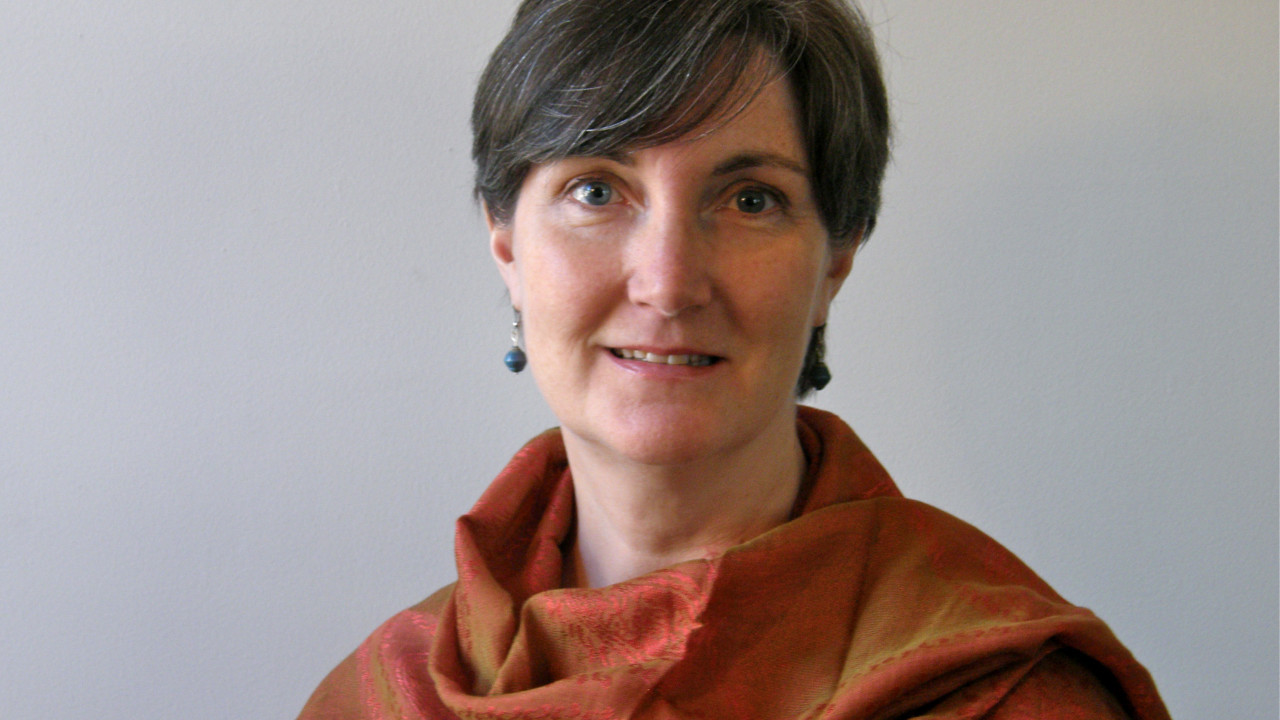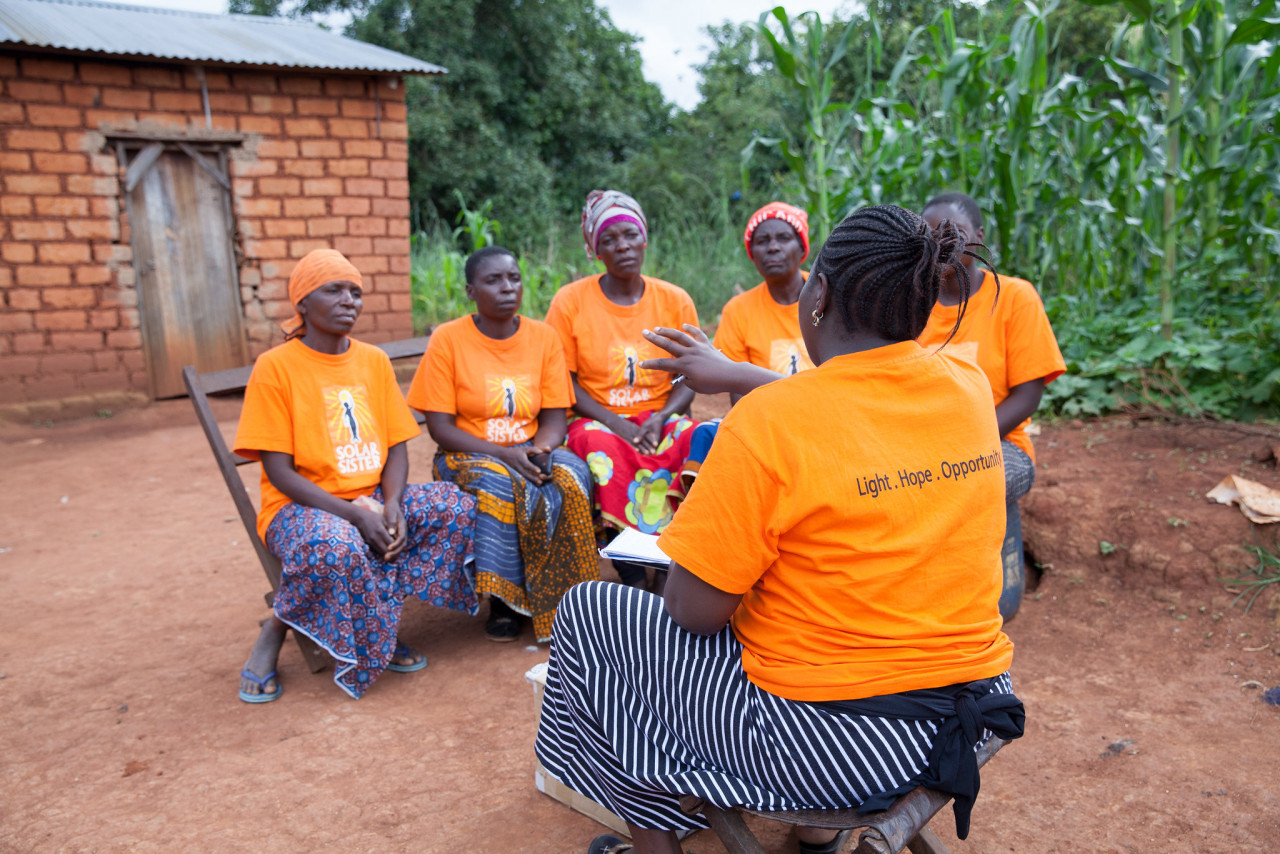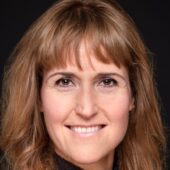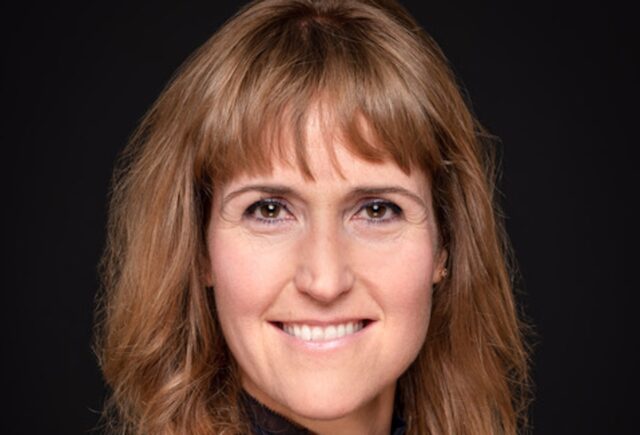Katherine Lucey tells us how she is bringing light to sub-Saharan Africa with an army of female entrepreneurs: “No one should go to bed just because the lights go out.”

CV
- Founder & Chief Executive Officer, Solar Sister, 2009-present
- Executive Director, Solar Light for Africa, 2008-9
- Chief of Operations, Arzu Inc, 2007-8
- Director, RBC Dominion Securities, 2001-3
- Managing Director, TD Securities, 1985-2001
- Georgia State Finance, MBA Business, 1981-4
- University of Georgia, Journalism, 1977-81
Katherine Lucey, the founder and Chief Executive of Solar Sister, is passionate about opportunities for women. As a high-flying banker “I was often the first woman in the room and the only woman in the room, and this gave me something of a chip on my shoulder about women’s economic opportunities.”
Gradually, the Nature-loving energy expert “began to feel our planet is rapidly becoming uninhabitable.” And “in 2003 I decided it was time for me to take a break from banking.”
She began working for a small family foundation installing solar units in Uganda. “There are something like 600 million people in sub-Saharan Africa who don’t have access to energy. That simply shouldn’t exist in this day and age.”
The job was very ‘hands on.’ “I climbed on the roof myself and helped install some of these units. I was able to see first-hand the enormous impact they had. Night might fall but a child could still study.”
It was at this point that the two dominant passions in Lucey’s life came together. She realised “giving a family access to energy really opens up their private productivity. When we give a family a unit, they have light in a day.”
At the same time, “I’ve been fortunate, but I decided I wanted to do something to enable others to climb up the ladder after me. Often there are so many obstacles that get in the way of women.”

Idea for Solar Sister
The result was Solar Sister. This organisation supports “local African women to create sustainable businesses that spread clean energy to their communities and beyond.” It can boast that over 6,200 Solar Sister Entrepreneurs have reached over 2.4 million people in Africa with clean energy.
Lucey: “I was attracted to the idea of the solar units because they are very distributable, and in terms of providing energy it removes the need to be reliant on political intervention by any government.”
She adds: “I particularly liked the idea of this business because it fulfilled two things simultaneously. Firstly, it went that ‘last mile’, connecting rural communities to clean energy. Secondly, it was important in gender terms. It’s women who manage the energy in an African household and it’s women who need therefore to be prepared to take on the risk.”
“I realised how important trust was for these women. They were much more likely to take advice from a woman they know.” Hence the creation of the ‘Sisterhood’ – thousands of trusted ‘advisors’ who are simultaneously entrepreneurs.
This last point is of equal importance to Lucey. “We are making these women entrepreneurs. Creating small businesses, they can then gear up. A double impact: sustainable energy and gender economic opportunities.”
Funding
The core funding for operating Solar Sister comes from the business itself. What’s not covered is the training and coaching, which Lucey believes is “very necessary.”
“Many of the women are poorly educated, indeed, illiterate. Entrepreneurs are created over a long period of time. To help this we have created sister groups which cover technology and induct business ‘know-how.’” For example, this month’s class was on record keeping, and ‘distinguishing capital from profits.’
In addition, “We also wanted agency-based training. We needed to give these women leadership skills, self-belief and confidence to overcome whatever personal obstacles they may have.”
To do this training and education Solar Sister needed extra funding, and so “we reached out to individuals, governments, foundations and corporations who are interested in the intersection of climate justice and gender equality.”
The Sisterhood
So how does the Sisterhood work? Most members work in Tanzania and Nigeria, and Lucey affirms “sisters are 100% local.”
Expanding the network does not seem to be an issue. “Our frontline women recruit other women, often women also apply, because they can see that this is a real business opportunity. Once we find one or two leaders in the community then they always bring in others.”
Lucey clarifies: “these are women who are willing to step in and invest time, energy, even perhaps a bit of capital to start up their own inventories, and run a clean energy business.”
Nor is retention a particular issue, at least not in terms comparable to other start-ups. “We have a lot of loyalty and longevity: the average tenure of our sisters is four years,” Lucey says.
“I’m very proud that over the last ten years 60% of the women are still active. If you compare us to the average start-up business in the United States, where 90% of those businesses fail, this means for solar sisters we have six times that success.”
Even those who do leave often go on to find another job or start a different business which is in itself a mark of success.
For Lucey, the biggest challenge is not in operating the Sisterhood itself, but “sometimes confusion amongst donors. Often a charity will come and say, “I want to buy a child a lamp,” but the point is that we’re trying to do something more than that,” she explains.
“We’re trying to create and train female entrepreneurs. You could say it’s the old proverb ‘give a woman a fish, you feed her for a day, teach a woman to fish, and you feed her for a lifetime.’”
Future Plans
The Schwab Foundation named Lucey ‘Social Entrepreneur of the Year,’ but she is very much not resting on her laurels. Recently she has been working on private sector partnerships, which bore fruit when she teamed up with Chris Kemper of Palmetto, the US solar energy provider.
Now, every green-minded customer of Palmetto who pays for an installation also helps someone do the same in Africa. Lucey says this is “all part of the one world approach – it’s no good if the developed world sorts out its own clean energy, but leaves the rest of the world emitting carbon.”
Otherwise, Lucey’s future plans are all about scaling up. “We are a grassroots solution, built woman by woman.”
She used to talk about growing to 10,000 sisters, “but in all honesty, I’m starting to think maybe my new goal should be 100,000 women. I want to eliminate energy poverty for everyone. Nobody should go to bed just because the lights go out.”





